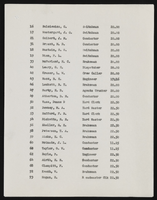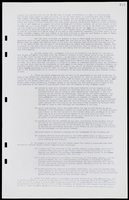Search the Special Collections and Archives Portal
Search Results
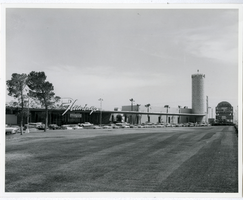
Exterior of Flamingo Hotel in Las Vegas, Nevada: photographic prints
Date
1960 (year approximate) to 1966 (year approximate)
Archival Collection
Description
From the Las Vegas: Snapshots of History Photograph Collection (PH-00425). Parking lot at Flamingo Las Vegas.
Image
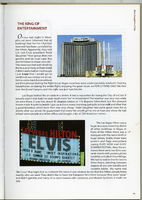
Elvis: Caught in a Trap book: clippings
Date
1972 (year approximate) to 1980 (year approximate)
Archival Collection
Description
From the Las Vegas: Snapshots of History Photograph Collection (PH-00425). Caption: "THE KING OF ENTERTAINMENT", page 15
Text
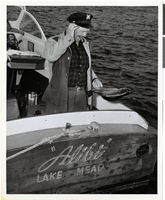
Photograph of Jim Porter, Lake Mead, 1949
Date
1949
Archival Collection
Description
Jim Porter, operator of the tackle shop at Lake Arrowhead, is standing on board the boat named, "Alibi." He is holding a frying pan with a dead fish inside.
Image
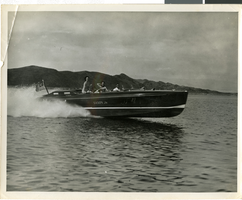
Photograph of speed boat at Lake Mead, 1940s-1950s
Date
1940 to 1959
Archival Collection
Description
Several individuals ride on a speed boat on Lake Mead. "Saxon Jr." is printed on the side of the boat.
Image

Photograph of water ski race, Lake Mead, 1940s-1950s
Date
1940 to 1959
Archival Collection
Description
Several unidentified individuals participate in a water ski race on Lake Mead. The race was a 60 mile "free-for-all" that was sponsored by the Lake Mead Boat Company.
Image
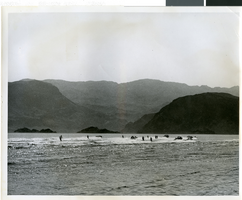
Photograph of water skiers at Lake Mead, late 1940s
Date
1945 to 1949
Archival Collection
Description
Several boats pulling water skiers on Lake Mead.
Image
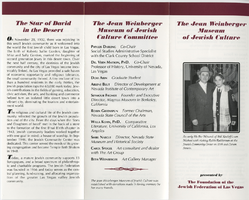
Jean Weinberger Museum of Jewish Culture pamphlet, 1996
Date
1996
Archival Collection
Description
A pamphlet for the Jean Weinberger Museum, presented by The Foundation of the Jewish Federation of Las Vegas.
Text
Pagination
Refine my results
Content Type
Creator or Contributor
Subject
Archival Collection
Digital Project
Resource Type
Year
Material Type
Place
Language
Records Classification

